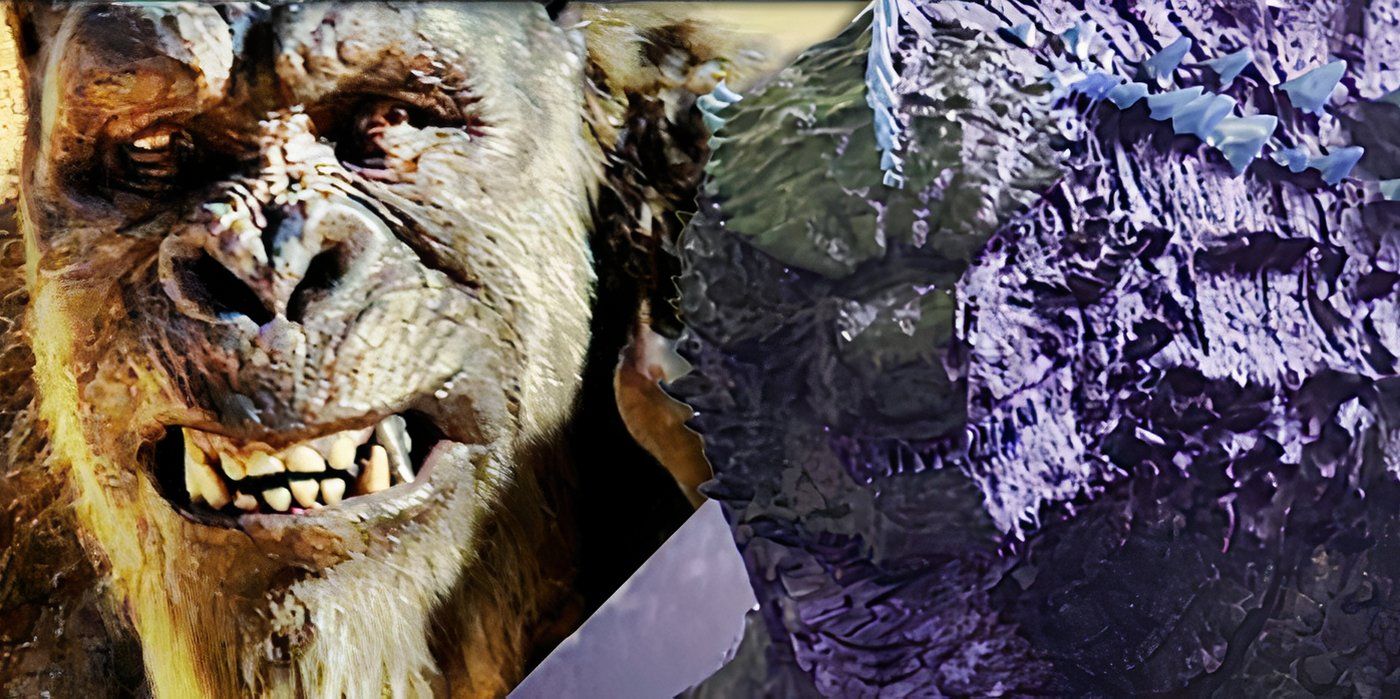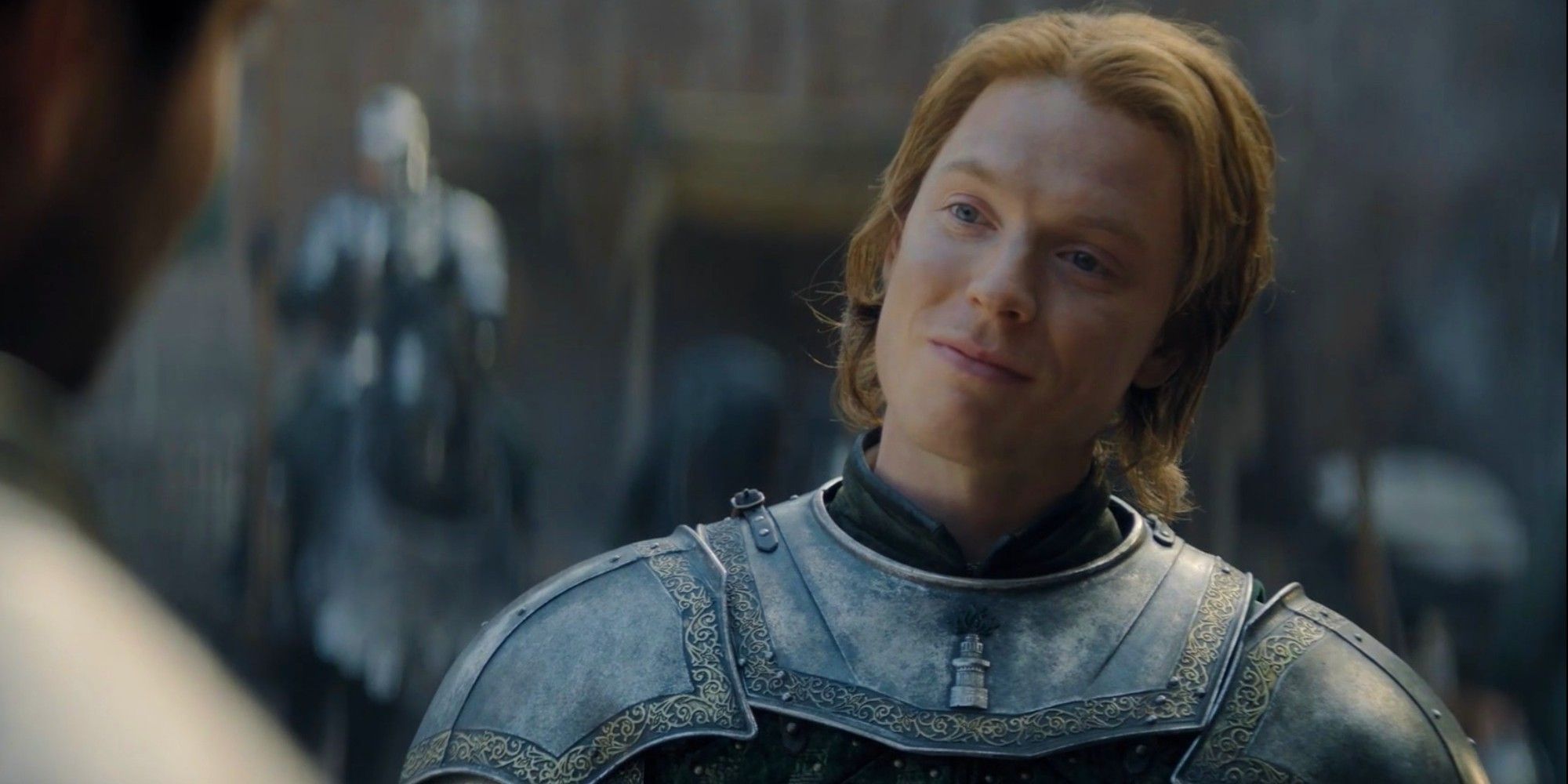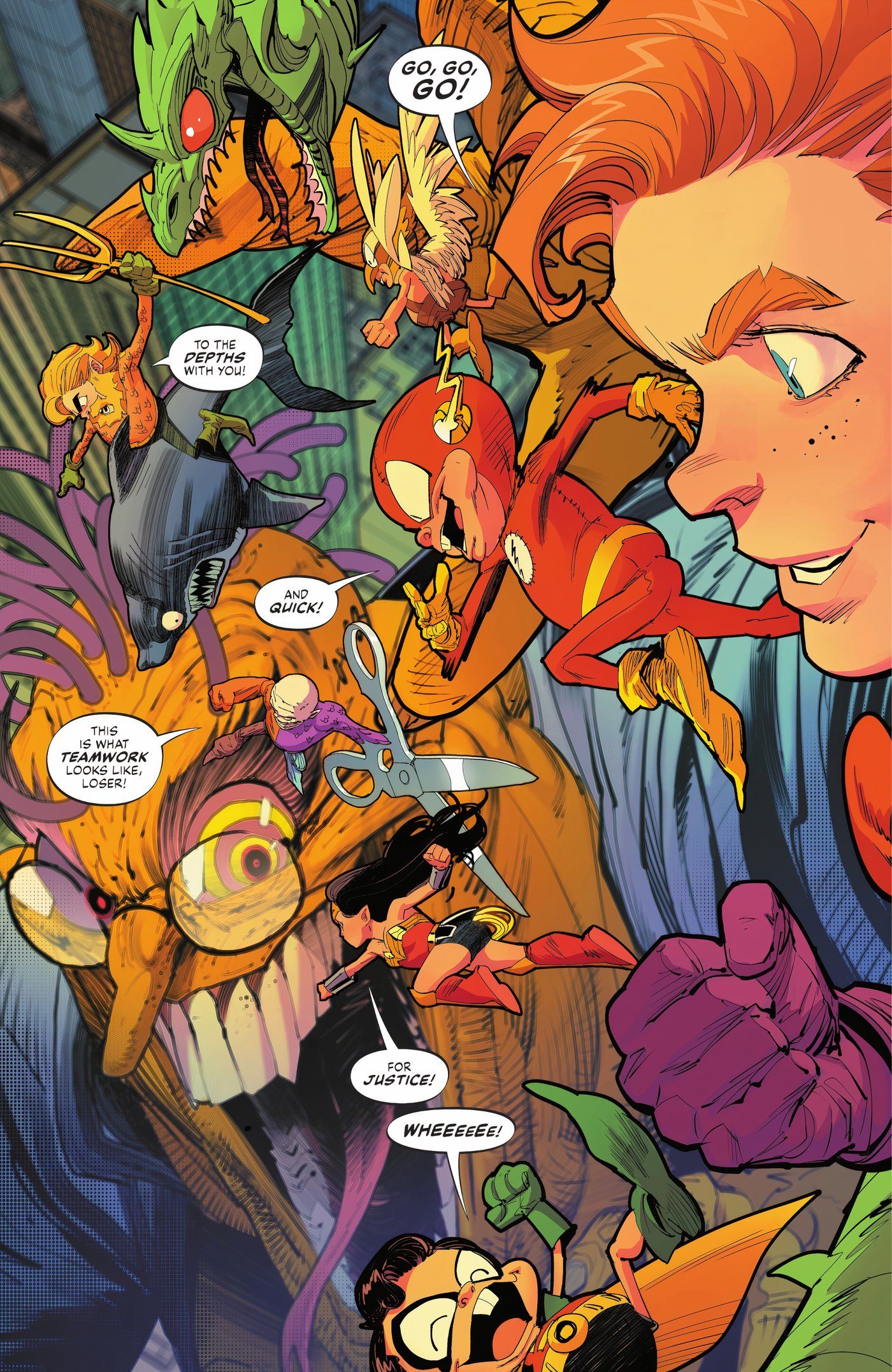Ari Aster has become the poster child for A24 horror with Hereditary and Midsommar, but in his latest feature, Beau is Afraid, the director is given carte blanch to explore his thematic concerns. Some of those are familiar — mothers, attics, decapitations, the lineage of madness — while others are unique to this Odyssean journey that sees Joaquin Phoenix’s title character journey to the depths of his tortured psyche. Beau is Afraid, for better and worse, is an overindulgent, disturbing, and hysterically terrifying mommy-issues movie that twists the classic hero’s journey into an otherworldly contortion.
Beau Wasserman lives in what one’s mother imagines the inner city to be like. He faces constant danger on his crowded block, including violent vagrants, decomposing corpses, and a serial stabber named Birthday Boy Stab Man. His apartment is just as bad — a brown recluse spider threatens death at any moment and his neighbor accosts him for making noise despite his near-silent lifestyle. When Beau prepares to head home to visit his mother, Mona Wasserman (Zoe Lister-Jones and Patti LuPone), he ends up on a nightmarish journey that takes him to the dark corners of suburbia all the way to the cavernous depths of a mother’s love.

Aster’s growing oeuvre of motifs is ever-present in Beau is Afraid, establishing a visual language that speaks to his previous works while letting him run loose in a world of his own creation. Beau lives in a world like ours, except everyone seems to have lost their minds. This is the genius of Beau is Afraid‘s horror — it emanates a deeply unsettling aura even while nothing all that terrifying is happening. From teenage girlhood to being nursed back to health and sleeping with a long-lost crush, Aster finds ways to make the mundane abjectly terrifying or, at the very least, completely unnerving.
Beau, on the other hand, may be one of the most obvious audience stand-ins of all time. Following him for three hours proves exhausting simply because of his lack of interiority. He is there to react and while part of the point of Aster’s film is that, in a world like Beau’s, that’s all there is to do, it does read as thinly sketched. Fortunately, Phoenix is here to imbue every gasp-inducing sight with the fear and awe it deserves. Once the film reaches its apex, that lack of conviction from Beau is partly the point, even if it doesn’t entirely work as retroactive characterization.
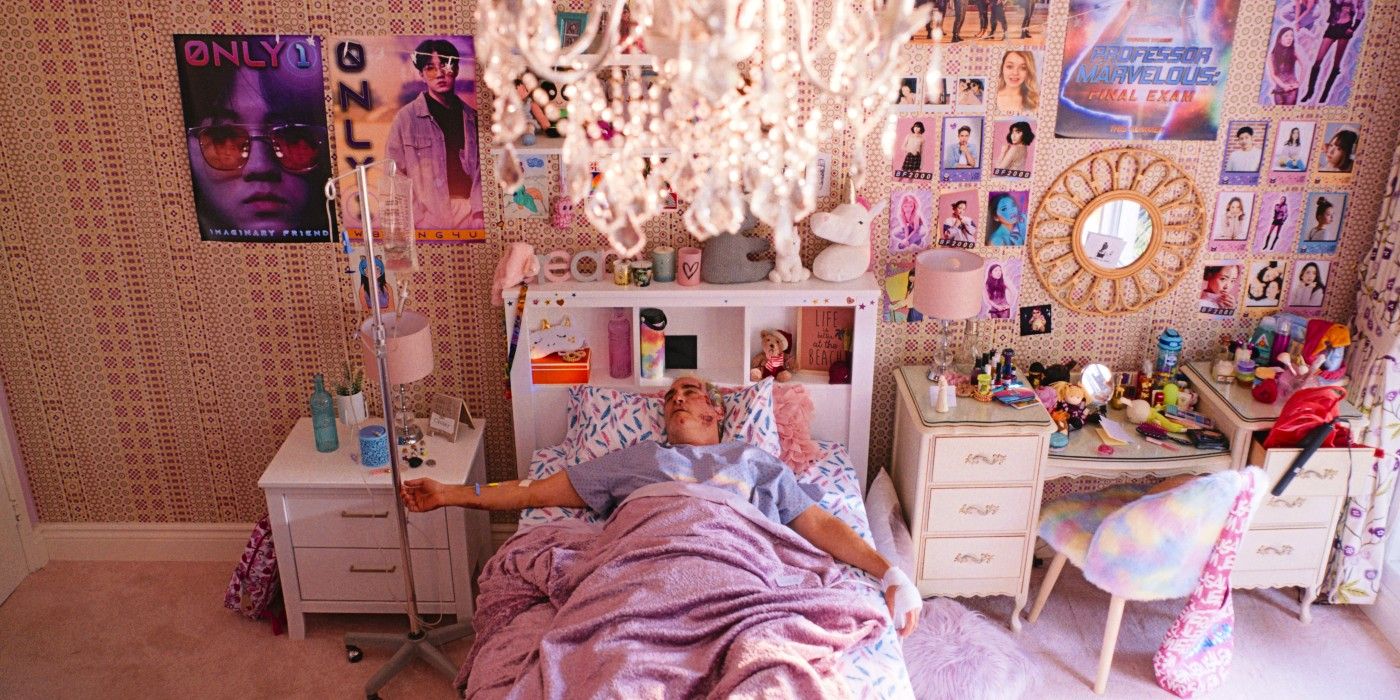
Similarly, Ryan and Lane’s suburban couple remains a stand-in for ideas Aster is playing with. Grace and Roger don’t feel quite like fully fleshed-out characters, but they do serve as an interesting foil (and an intricate part of the film’s labyrinth) when all is said and done. What’s hard to justify is a middle act that, save for a small break amidst the tension, does little in the way of moving things forward. What should be a small breather between increasingly bonkers set pieces becomes a tangent that goes on for a bit too long. It thematically connects, even if it stunts the momentum that Aster has been building until that point.
Steadily, though, Beau is Afraid builds to several big reveals that more or less land the way they’re supposed to. One third act twist elicits less of a gasp and more of an, “Oh, of course,” because of the very fact that Aster has allowed audiences to sit in this world for so long. It just makes sense. Another twist doesn’t make sense, but this critic found it working simply because of the sheer absurdity. It’s bound to be the most talked about part of Beau is Afraid (and possibly of any film this year).
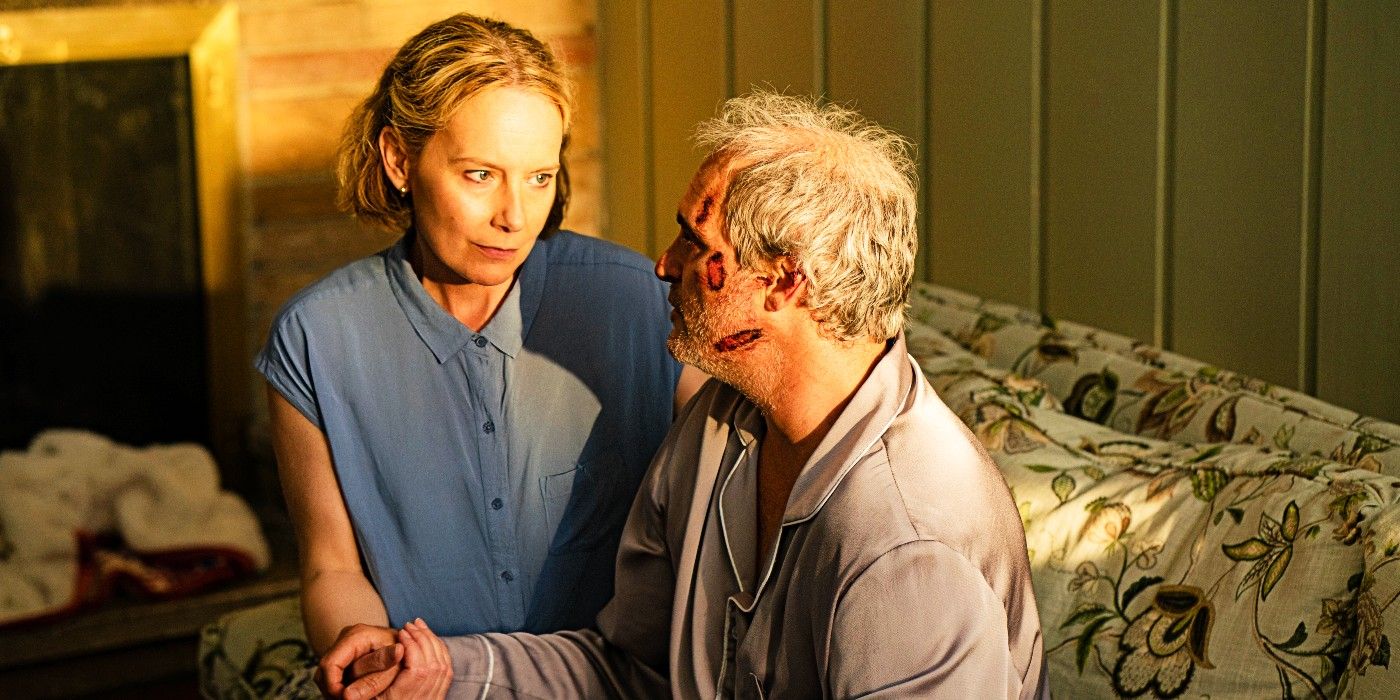
Beau is Afraid will certainly be divisive; what three-hour movie isn’t? That it was designed to be this way won’t ease some people’s complicated feelings, but letting Aster take full control is part of the ride. There is so much detail to take in that it becomes overwhelming at times, a mirror of the way that Beau sees the world around him. An overabundance of choice leads to listlessness, which is how it feels to watch the film at times. Fortunately, Aster saves himself with a showstopping third act that has the potential to be remembered as one of the most audacious of the last few decades.
That it all harkens back to an underlying sense of guilt — the push and pull of mother/son relationships, the complicated feeling of experiencing something one’s been expressly forbidden from feeling, the desire to push away the person who has cared for them the most — makes it all the more stunning. For Beau, and for Aster it seems, it all comes back to Mom, and, in what may be the movie’s smartest choice, Beau is Afraid saves LuPone for last, leaving audiences with an indelible feeling. What that feeling is will likely run the gamut — expect frustration, exasperation, awe, or something else altogether unquantifiable. Still, Beau is Afraid will make one feel alongside its title character in a way few films do, and it’s a torturous and glorious ride.
Beau is Afraid is now playing in select theaters and will expand on Friday, April 21. The film is 179 minutes long and rated R for strong violent content, sexual content, graphic nudity, drug use and language.
